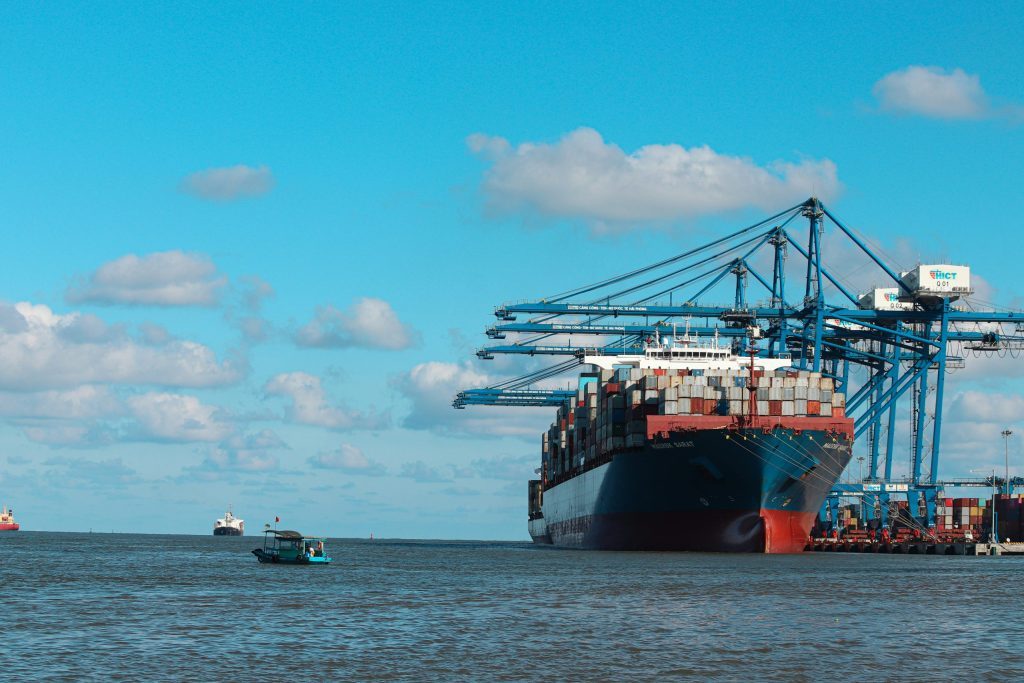As global tensions rise, companies are reevaluating their manufacturing and sourcing strategies to navigate the complex geopolitical landscape affecting supply chains.
Geopolitical Risks Prompt Manufacturing Rethink
The recent sinking of the British-owned cargo ship Rubymar by Houthi forces underscores the escalating geopolitical risks impacting global supply chains. Markus Group’s decision-making process for its new attic lift exemplifies the complexities businesses face in choosing manufacturing locations. Mark Boone, the owner, is considering alternatives to China, such as Poland and Romania, despite higher costs, to mitigate geopolitical risks.
Supply Chain Managers Weigh Geopolitical Concerns
Supply chain managers are increasingly prioritizing geopolitical stability over cost-efficiency. Brian Bourke of Seko Logistics notes that geopolitical risk is now a top concern. Oscar de Bok of DHL Supply Chain echoes this sentiment, highlighting a shift towards diversifying supply chains to withstand geopolitical shocks. This trend has been catalyzed by the pandemic’s disruptions and is now accelerated by geopolitical tensions involving major players like China, Russia, and Iran.
Navigating New Trade and Shipping Realities
The Houthi attacks on shipping lanes have led to rerouted shipments and increased reliance on airfreight, with companies like A.P. Moller-Maersk adapting for prolonged disruptions. Trade wars are intensifying, with the U.S. and EU imposing barriers on Chinese imports and China retaliating. Apple’s move to manufacture iPhones in India, with its suppliers in tow, is a strategic response to these trade uncertainties.
Complex Compliance and Future Trade Relations
Evan Smith of Altana AI highlights the growing complexity of trade compliance due to new regulations. Companies are scrutinizing their supply networks more closely, as seen with Volkswagen’s unexpected delay at U.S. ports due to a component sourced from China’s Xinjiang region. With the U.S.-China trade relationship potentially souring further, logistics experts are considering the implications of increased tariffs and the upcoming presidential election on multinational supply chains.
The current geopolitical climate is compelling supply chain directors to balance economic considerations with the need for geopolitical stability. As companies navigate these challenges, strategic decisions are increasingly influenced by the potential for geopolitical disruptions, underscoring the importance of agility and diversification in supply chain management.







